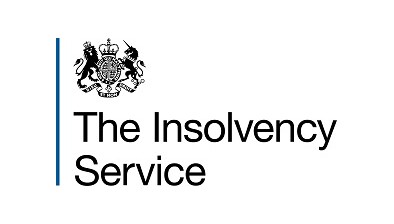Two Scottish property developers disqualified for tax avoidance
Property developers Richard Black, from Collessie, and William Edmiston, from Kirkcaldy, have been banned for a total of 13 years after failing to pay tax on a land deal.

The pair are now banned from acting as a director or directly or indirectly becoming involved, without the permission of the court, in the promotion, formation or management of a company.
Mellerstain Developments was incorporated in April 2002 and the company developed building projects in central Scotland. The company, however, began to struggle and entered into liquidation in August 2018, bringing it to the attention of the Insolvency Service.
Investigators uncovered that in June 2016, two years before the company went into liquidation, Mellerstain Developments sold land to two of the company’s directors: Richard Black and William Edmiston.
The land was the last asset that the company owned and, when it was sold, the company owed the tax authorities more than £31,000, having agreed to settle the debt before November 2020.
Mellerstain Developments, however, paid just over £24,000 to William Edmiston from the proceeds of the land sale and just under £11,000 was paid in cash to an undisclosed party, while nothing was paid to the tax authorities to settle the outstanding liabilities.
On 8 July 2020, the Secretary of State accepted disqualification undertakings from Richard Black and William Edmiston after the property developers did not dispute acting to the detriment of the tax authorities.
Richard Black is banned for six years, while William Edmiston is banned for seven years, and their bans were effective from July 29.
Rob Clarke, chief investigator for the Insolvency Service, said: “Directors have a duty to ensure the correct amount of tax is paid but Richard Black and William Edmiston clearly thought the rules didn’t apply to them. Thankfully their activities were brought to the attention of the Insolvency Service. Their bans should serve as a stark warning to other directors there are severe consequences if you put your interests ahead of your creditors.”























